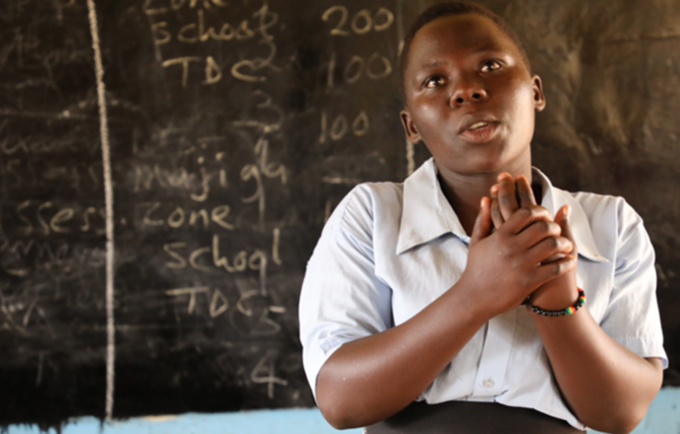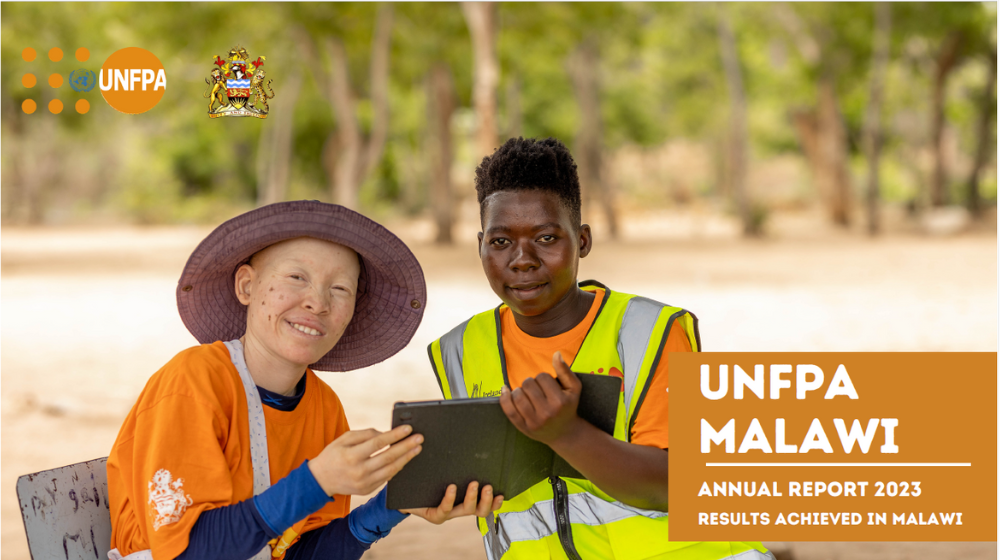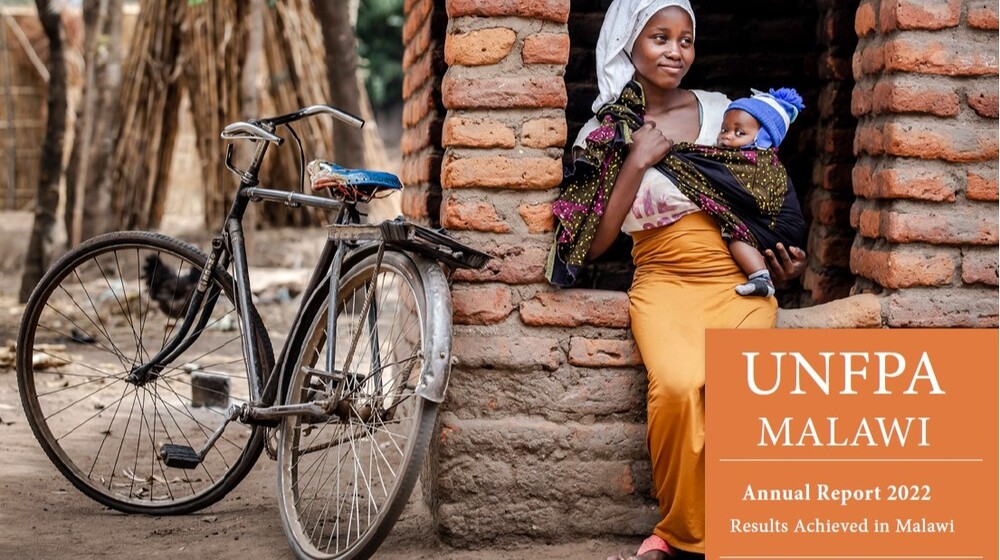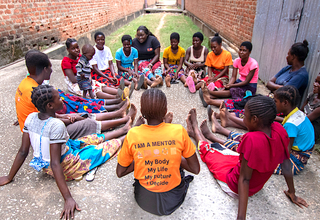One rainy evening, 17-year-old Eunice Maliseni from Kabudula in Lilongwe, sneaked out of her bedroom carrying a suitcase with all her belongings. This was a carefully hatched plan, which had taken close to a week to put together. Eunice had to make it out of her parents’ compound without being seen.
“I had to leave my parents’ house because I was pregnant,” says Eunice. “I feared that if they learnt about this, they would be mad at me. So, I agreed with my boyfriend that I should elope.”
Peer pressure and early teen pregnancies
Since childhood, Eunice always scored good marks in class and was well-mannered. However, problems started when she started to hang out with the wrong crowd at school. During break time, the girls would skip classes to meet with their boyfriends. By then, Eunice had no boyfriend and this made her a subject of ridicule by her peers.
The pressure to conform forced her to get into a relationship. When Eunice’s parents got wind of it, they tried to dissuade her, but to no avail. Her behavior also changed. She started coming home late and completely lost interest in school.
Some of my friends were married and they would come telling me that they I am missing out by going to school. I was convinced that if I get married, I would also enjoy as they were doing.
Child marriage fueling gender based violence
The pressure forced her to get into a relationship, which saw her getting pregnant while in the second year of her secondary education, and later getting married. After only a year, Eunice’s marriage turned out to be a disaster.
Her husband lost interest in her soon after she gave birth to their first born child. He also started drinking excessively.
“He was spending all his money on alcohol leaving us with nothing to eat,” recalls Eunice. “When I asked him to change, he would become aggressive. This is when I realized that I made a mistake quitting school to get married.”
Eunice marriage woes continued for some time. Finally, she decided that she has had enough of the abuse and went to her parents to ask for forgiveness. She wanted to come back home.
“My parents refused to take me back. They were still angry with me as I didn’t listen to their advice not to quit school,” says Eunice. “So I understood their stance.”
Eunice’s life was to change when she heard that a new project in her area was calling for teenage mothers and adolescent girls to join safe spaces that were being established in the community. The safe spaces, were set up under the Technology and Empowerment Enhancing Networks (TEENS) project by UNFPA with funding from the Government of Ireland.
A new beginning for adolescent girls
After joining the safe spaces, Eunice was exposed to a whole new universe. She met other girls in her predicament, and some who had moved on successfully. Through the interactions and learnings, Eunice resolve to quit her marriage grew. She was determined to correct the mistake she made and go back to school.
“My dreams of becoming a nurse came to an end because I listened to wrong advice,” says Eunice who is now 19 years old. “However, I knew that if I went back to school and work hard, I could still become a nurse.”
With support from the safe space mentor, Eunice went to her uncle and explained her plans. The uncle then approached her parents and pleaded with them to allow Eunice to come back home. The safe space mentor also weighed in and explained to the parents the dangers of letting their daughter stay in an abusive marriage.
Eunice’s parents finally agreed that she come back but on condition that she supports her child. To help her on this, they gave her a piece of land so that she starts farming.
“Last year, I planted soya beans,” she told UNFPA. “I harvested 10 bags and sold them. From the money I got, I paid my school fees and also bought more farming inputs. I have also kept some money for the upkeep of her child.”
Eunice is now back in school and is in form three. With everything on track again, Eunice is dreaming big.
“I am left with one year in secondary school and I am confident that I will make it to college,” she explained.
Next year, I want to expand my farming business so that I start keeping money for my college fees.
The TEENS project is being implemented in Lilongwe peri-urban covering four Traditional Authorities. So far, the project has facilitated the creation of 78 safe spaces with total enrolment of 2340 teenage girls and adolescent mothers.
By Joseph Scott, UNFPA Communications Analyst




